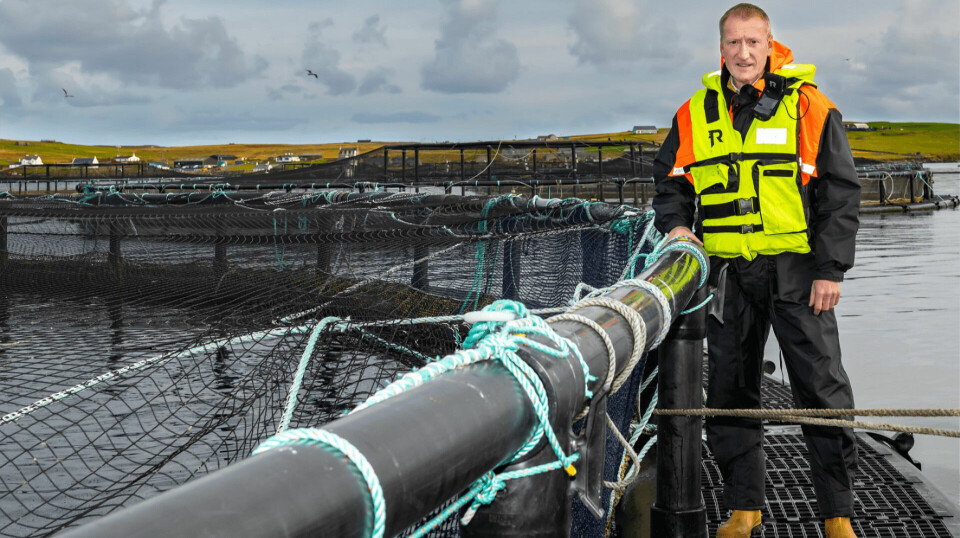
SNP is ‘putting politics before jobs’ with HPMAs
There is no ‘virtually scientific justification’ for proposed no-go areas, says Salmon Scotland
Salmon farmers today urged the Scottish Government not to put politics before jobs with a proposed ban on all marine activity in Scottish waters.
As part of the SNP’s agreement with the Scottish Greens, the Scottish Government launched a consultation on designating Highly Protected Marine Areas (HPMAs), which closes today.
This would see at least 10% of coastal waters around Scotland closed to some human activity including fishing and aquaculture, imposing an extra barrier on fish farming expansion, which is already highly regulated.
Sector trade body Salmon Scotland has warned HPMAs could put jobs in fragile coastal communities at risk and undermine the government’s vision of a ‘blue economy’.
Politics, not science
Chief executive Tavish Scott said the plans appear to be driven by political agendas rather than science.
There is currently no evidence that the proposed HPMAs will work, Salmon Scotland said.
It urged the Scottish Government to undertake a thorough independent review of how science has been used to establish the policy framework and to consider all pressures on the marine environment in a balanced way.
Salmon Scotland said one in three salmon farms already operates responsibly in marine protected areas (MPAs), which cover 37% of Scottish waters. Many of these MPAs were designated after the farms had already been established in the area.
Significant job losses
“We support proposals that can improve Scotland’s marine environment. Scotland’s reputation for the very best farm-raised and wild-caught seafood depends on the seas around our coastline,” said Scott. “However, banning responsible sea use is not the answer.
“Salmon farms occupy a tiny proportion of Scotland’s waters, yet ours is one of the most important sectors of the marine economy and one of the biggest employers in the Highlands and islands.
There appears virtually no scientific justification about what HPMAs are intended to achieve. Nor is there any evidence that aquaculture cannot coexist within HPMAs as we already do with marine protected areas.
Salmon Scotland chief executive Tavish Scott
“We have grave concerns that HPMAs as currently proposed will result in significant job losses in some of our most fragile coastal communities and damage the Scottish Government’s own blue economy approach that supports sustainable economic growth.
“If government proposals force salmon farmers out of marine areas, business will lose confidence in Scotland and turn their attention to our Scandinavian competitors. That means Scotland losing out on good, well-paid jobs and investment when we need it most.
“There appears virtually no scientific justification about what HPMAs are intended to achieve. Nor is there any evidence that aquaculture cannot coexist within HPMAs as we already do with marine protected areas.
Developed in isolation
“Sustainable growth of the Scottish salmon sector is crucial for coastal communities, where the local salmon farm is often at the heart of the community and the main employer, as well as for the wider economy and the Scottish Government’s vision for the country.
“HMPAs have been developed in isolation and jar with existing government policies such as the national marine plan, the aquaculture vision, trade and economic policy, economic policy, and local authority development plans for the marine area.
“We urge joined-up policy making from the Scottish Government. Government should prioritise evidence-based policies that protect both the environment and the livelihoods of hardworking Scots.
“HPMAs appear to be politically driven, aimed at keeping the Greens on side rather than any real attempt to improve the health of our seas.”























































